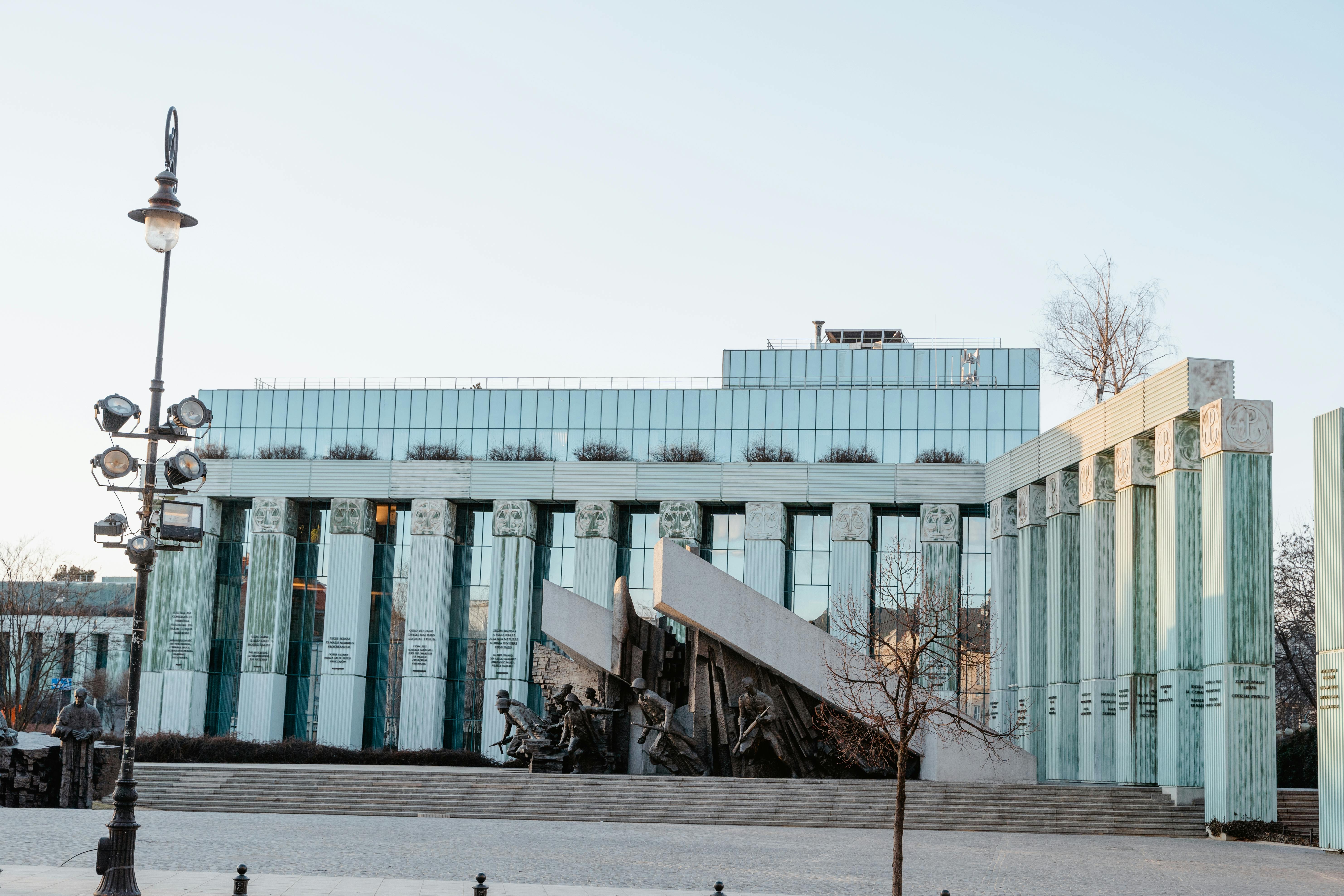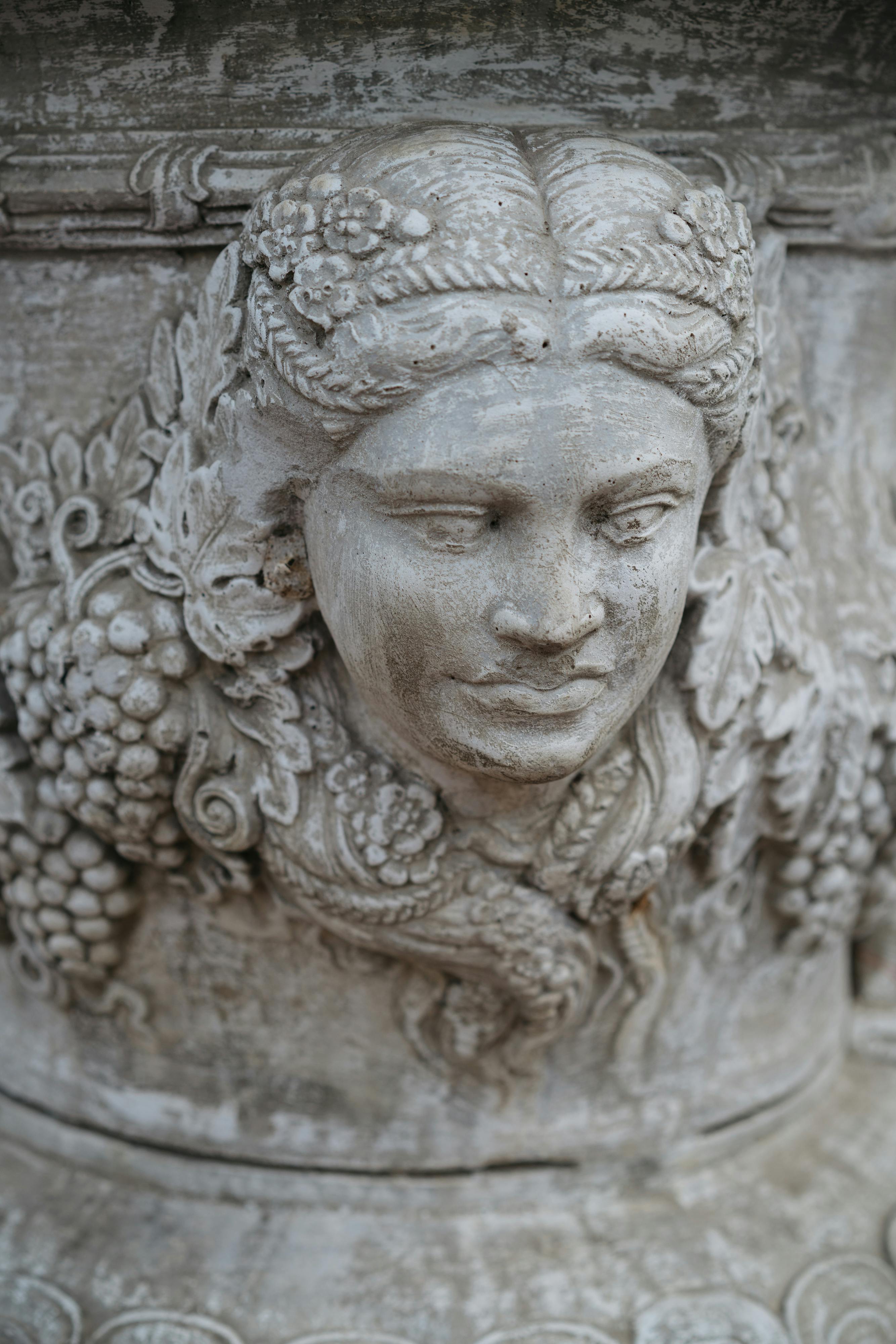Cultural Preservation in Travel: Respecting and Supporting Local Heritage
Welcome to the world of cultural preservation in travel. In this blog post, we’ll explore the importance of respecting and supporting local heritage when we travel. By doing so, we not only contribute to the preservation of cultural diversity but also enrich our own travel experiences.
Why is Cultural Preservation Important?
When we visit a new place, we often seek out its unique cultural attractions and traditions. However, it’s essential to remember that tourism can have both positive and negative impacts on local communities and their heritage. By engaging in responsible tourism practices, we can help preserve and protect the very things that make a destination special.
Cultural preservation ensures that future generations can also experience and appreciate the rich history and traditions of a place. It helps maintain the authenticity of local cultures and prevents them from being diluted by external influences.
Respecting Local Heritage
Respecting local heritage starts with a deep appreciation for the customs, beliefs, and practices of a community. It requires us to approach new cultures with an open mind, ready to learn and adapt. By respecting local customs, we show our gratitude for the privilege of being welcomed into their world.
One way to respect local heritage is by supporting local artisans, craftsmen, and businesses. Purchasing traditional handicrafts not only helps sustain local economies but also encourages the continuation of traditional skills and craftsmanship.
Supporting Local Communities
Supporting local communities means making a conscious effort to understand their needs and aspirations. It involves seeking out locally-owned accommodations, restaurants, and tour operators. By doing so, we contribute directly to the livelihoods of the people who call these destinations home.
Additionally, supporting community-based initiatives and cultural events can help promote the preservation of local heritage. Whether it’s participating in traditional ceremonies, festivals, or volunteering for local conservation projects, our involvement can make a significant difference.
Conclusion
So, if you’re passionate about preserving cultural diversity, join us as we explore the world of cultural preservation in travel. Together, let’s respect and support local heritage, ensuring that future generations can also revel in the enchanting beauty of different cultures around the globe. Stay tuned for our upcoming posts, where we’ll delve deeper into the practical ways you can contribute to cultural preservation during your travels.

How Can Travelers Respect and Support Local Heritage Through Cultural Preservation in Travel?
In the realm of travel, it is crucial for travelers to not only explore new places but also to value and respect the local heritage. By practicing cultural preservation in travel, we can ensure the longevity and appreciation of local customs, traditions, and landmarks.
Cultural preservation in travel refers to the act of safeguarding and promoting the unique cultural identity of a destination. It involves respecting the local heritage, traditions, languages, and historical sites while minimizing negative impacts on the environment, economy, and social fabric of the communities we visit.
By actively participating in cultural preservation, travelers can play a significant role in the sustainability and authenticity of the places they explore. This can be achieved through various means, such as:
1. Supporting Local Businesses: By patronizing locally owned and operated establishments, travelers can contribute to the preservation of traditional crafts, cuisines, and cultural practices. This helps local communities thrive and safeguards their unique heritage.
2. Engaging with Local Communities: Interacting with locals, listening to their stories, and learning about their traditions fosters cultural exchange and understanding. By respecting their customs and beliefs, travelers can form meaningful connections and support the continuation of their cultural heritage.
3. Respecting Historical and Sacred Sites: When visiting historical or sacred sites, travelers should adhere to established protocols and guidelines to avoid any damage or desecration to these significant places. Respecting the rules and regulations ensures that future generations can also appreciate and learn from these treasures.
4. Participating in Cultural Activities: Taking part in cultural events, festivals, and workshops allows travelers to experience the richness of local traditions firsthand. This not only supports the preservation of these customs but also promotes cross-cultural appreciation and knowledge.
By incorporating these practices into our travels, we can make a positive impact on the preservation of local heritage. The next part of this article will delve deeper into specific actions and initiatives that travelers can take to respect and support cultural preservation in travel. Stay tuned to discover how you can play your part in safeguarding the world’s diverse cultural treasures.

Cultural Preservation in Travel: Respecting and Supporting Local Heritage
Traveling is not just about sightseeing or enjoying luxurious resorts; it is an opportunity to connect with different cultures, traditions, and heritage. Cultural preservation in travel plays a vital role in supporting local communities, preserving their stories, and fostering sustainable development. By respecting and supporting local heritage, travelers can contribute to the preservation of cultural diversity and ensure its transmission to future generations.
The Importance of Cultural Preservation
Cultural preservation is a fundamental aspect of maintaining the uniqueness and authenticity of a destination. It involves safeguarding traditional practices, arts, crafts, languages, rituals, and folklore that define a community’s identity. When travelers engage in cultural preservation activities, they actively participate in conserving the essence of a place, protecting it from homogenization, and promoting responsible tourism.
Respecting Local Customs and Traditions
Respecting local customs and traditions is the first step towards cultural preservation in travel. By familiarizing ourselves with the local customs, travelers can avoid unintentionally offending the host community. This includes dressing appropriately, practicing appropriate etiquette, and adhering to local norms and values. Engaging in discussions and seeking knowledge about their culture demonstrates a genuine interest in understanding and respecting the local way of life.
Supporting Local Economy and Artisans
A significant way to support cultural preservation is by contributing to the local economy and supporting local artisans. By purchasing products made by local craftsmen and women, tourists help sustain traditional trades and keep ancient skills alive. This direct support empowers local communities, providing them with the means to continue practicing their crafts and passing them on to future generations.
- Visit local markets and shops to purchase handmade crafts.
- Participate in workshops or classes to learn traditional skills and art forms.
- Eat at local restaurants that serve traditional cuisine, supporting local farmers and food producers.
- Stay at locally-owned accommodations instead of large multinational chains.
Engaging in Cultural Exchange
Engaging in cultural exchange is an enriching experience for both travelers and locals. By immersing ourselves in the local culture, we open ourselves up to new perspectives, ideas, and experiences. This can be achieved through activities such as attending cultural festivals, visiting historical sites, and interacting with the local community. These interactions nurture empathy, promote understanding, and create bridges between different cultures.
The Role of Education and Awareness
Education and awareness play a crucial role in promoting cultural preservation in travel. Travelers should take the time to educate themselves about the history, traditions, and challenges faced by the local communities they visit. Understanding the significance of cultural preservation empowers travelers to make informed choices that support and respect local heritage. Through responsible travel practices, we can ensure the preservation of cultural diversity and contribute positively to the communities we encounter.
Cultural Preservation: A Pathway to Sustainable Travel
By embracing cultural preservation in travel, we pave the way for sustainable tourism. Sustainable travel seeks to minimize negative impacts on the environment, support local economies, and celebrate cultural diversity. According to a recent survey, 89% of travelers believe it is important to preserve local culture and heritage. Through our collective efforts, we can ensure that future generations inherit a world rich in cultural heritage and continue to appreciate the wonders of diverse communities.
Statistic: Studies show that cultural tourism contributes to the economic growth of local communities by generating approximately $2.2 trillion annually.

Conclusion
Cultural preservation in travel plays a vital role in respecting and supporting local heritage. Through this article, we have explored various key points and insights that highlight the significance of preserving cultural heritage while traveling.
Firstly, it is crucial to acknowledge and appreciate the uniqueness of each culture we encounter during our travels. By immersing ourselves in local customs, traditions, and practices, we not only gain a deeper understanding of the culture but also contribute to its preservation. This can be achieved by respecting sacred sites, participating in community-led initiatives, and engaging with local artisans and craftsmen.
Furthermore, sustainable tourism practices go hand in hand with cultural preservation. By advocating for responsible travel, we can minimize the negative impact on the environment and local communities. This includes utilizing eco-friendly accommodations, supporting local businesses, and engaging in cultural exchange activities that benefit both travelers and locals.
Additionally, education and awareness play a significant role in cultural preservation. By learning about the history, struggles, and triumphs of different cultures, we develop empathy and respect for their heritage. It is important to support initiatives that promote cultural education, such as museums, cultural festivals, and heritage preservation organizations.
In conclusion, cultural preservation in travel is not only about preserving tangible artifacts but also about fostering understanding, respect, and appreciation for diverse cultures. As travelers, we have the responsibility to engage in sustainable practices, support local communities, and continuously educate ourselves to ensure the preservation of these invaluable cultural heritages for future generations.




